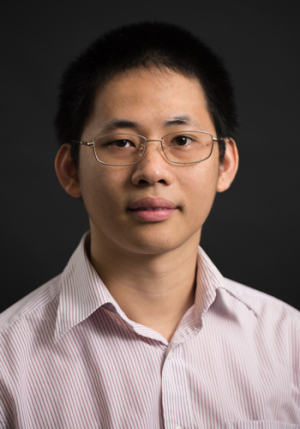Dr. Hien Van Nguyen, an Assistant Professor of Electrical and Computer Engineering at the University of Houston's Cullen College of Engineering, received an R01 sub-award of $319,285 for his grant, “Convergent AI for Precise Breast Cancer Risk Assessment,” from the National Cancer Institute, National Institutes of Health.
The grant’s motivation comes from the fact that breast cancer is one of the leading causes of death for women in the United States. Most clinicians often stick to the biopsy option to rule in or out breast cancer early, and withholding biopsy could be risky, as the delay in cancer could be fatal.
However, a large percentage of breast biopsies, ranging from 55 to 85 percent, were found to be benign lesions. Breast biopsies have many drawbacks, including pain, bleeding, bruising, infections, blood loss and breast asymmetry, depending on the amount of tissue extracted, and cost several thousand dollars for each biopsy and evaluation. The statistic suggests that breast cancer management will significantly benefit from technologies that can reduce unnecessary biopsies.
Ideally, Nguyen hopes to develop a predictive model that would use artificial intelligence technology to examine Breast Imaging Reporting & Data System (BI-RADS) reports and imaging metrics, to provide more accurate cancer risk assessments, which would hopefully cut down on the need for unnecessary biopsies.
“We want to use multiple artificial intelligence tools, like image analysis and natural language processing, to process multi-modal data from collection methods like mammography, ultrasound, radiomics, and clinical features, to predict the breast lesion risk,” Nguyen explained.
The research will be done over the next five years through May 2025. The multi-disciplinary team consists of artificial intelligence experts like Nguyen, and computational disease management experts like Dr. Stephen Wong (John S. Dunn Senior Presidential Distinguished Chairman in Biomedical Engineering at Houston Methodist), and breast cancer experts like Dr. Jenny Chang (the Director of Houston Methodist Cancer Center).
